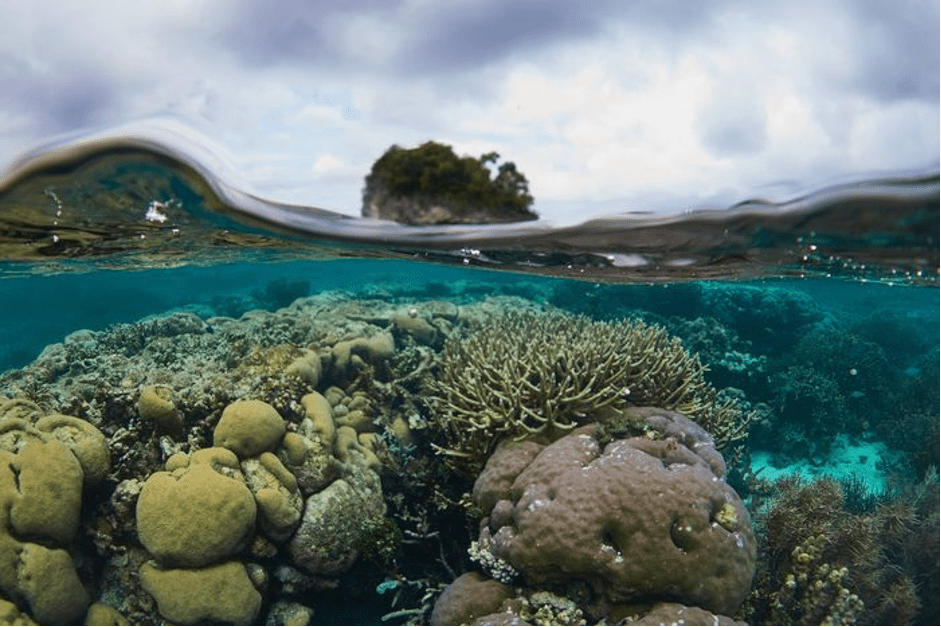The Ministry of Maritime Affairs and Fisheries of the Republic of Indonesia through the Sorong Coastal and Marine Resource Management Workshop (PSPL) supported by the Nusantara Nature Conservation Foundation (YKAN) held a training entitled “Technical Guidance and Training on Handling Stranded Mammals and Protected Marine Biota” at Saoka Shoreline Resort, Sorong, Southwest Papua, on November 28-30, 2023.
This training aims to identify marine mammals, marine mammal protection in general, procedures for handling stranded marine mammals, and information and information reporting techniques for stranded marine mammals.
The training, which was attended by the police, community watchdog groups, customary law communities, fishermen, and conservationists, was filled with materials related to regulations and the current situation regarding the conservation of marine mammals and other species.
Participants were also taught about marine mammal species identification, introduction to marine mammals that often strand in Indonesia, procedures for collecting live stranding information on marine mammals, medical aspects of marine mammal stranding, and practical rescue sessions.
“Technical guidance related to the handling of stranded mammals and protected marine biota is very important, considering that the waters of the Bird’s Head Seascape (BHS) are the migration route for mammals and other marine biota, so there are many stranding incidents,” said the First Expert of the Sorong PSPL Workshop Prehadi.
Prehadi also explained that this training is one of the efforts to protect and conserve imperiled, threatened, and protected (ETP) marine biota, such as dugongs, various types of sea turtles, manta rays, several types of sharks, and dolphins, as well as protect important living spaces and biodiversity of coastal and marine ecosystems.
These marine animals are protected by the Government of Indonesia based on Minister of Environment and Forestry Regulation No. P.106 of 2018 concerning Protected Plant and Animal Species; Government Regulation No. 7 of 1999 concerning Preservation of Plant and Animal Species; and Law No. 50 of 1990 concerning Conservation of Living Natural Resources and Ecosystems. Recently, these animals have often been found stranded, both dead and alive around the waters.
The practical sessions conducted in swimming pools and beaches include morphometric measurements or physical measurements on live animals and carcasses, live animal relocation (techniques for folding stretchers and carrying animals with stretchers or large towels), animal restraint techniques, guiding animals and moving them to boats, releasing animals to deep or shallow waters from boats, responding to live stranding, handling entangled animals, and responding to mass stranding.
“This training is very appropriate to be applied in the field, especially for the police who often receive information related to stranded marine mammals. Through this training, we and the fishermen have been equipped with the proper methods and mechanisms for handling such conditions,” said Misool Police Chief Suhardi.
“YKAN fully supports this training. It is hoped that the communities involved can help the government deal with strandings of mammals and protected marine biota in the BHS waters. With proper handling, the survival chances of stranded marine mammals can be increased and the risk of death reduced. It is also hoped that the technical guidance provided will increase independence, skills, and awareness of the importance of protecting marine mammals and other protected marine life,” concluded YKAN Bird’s Head Seascape Senior Manager Lukas Rumetna.


